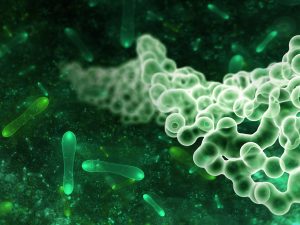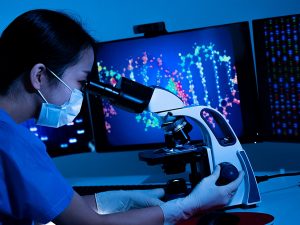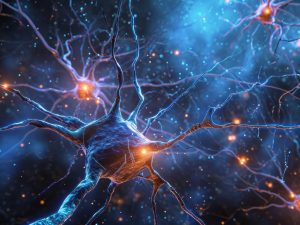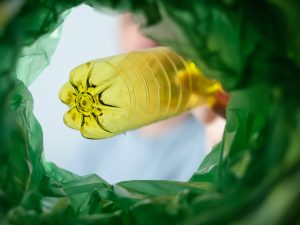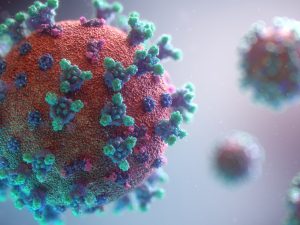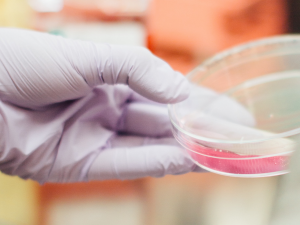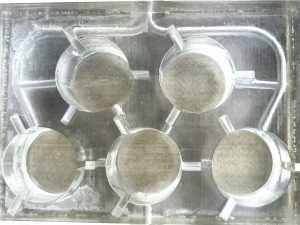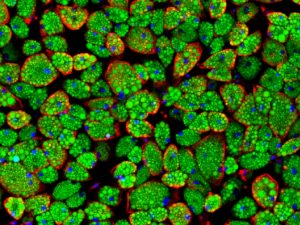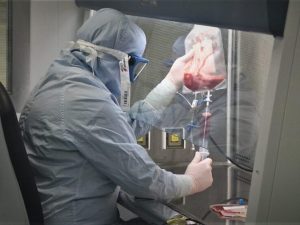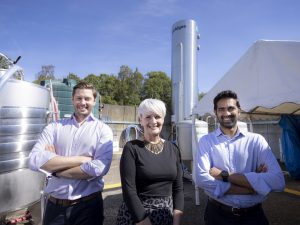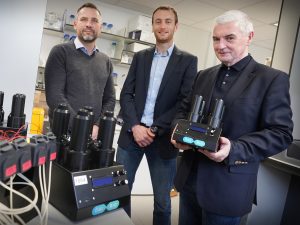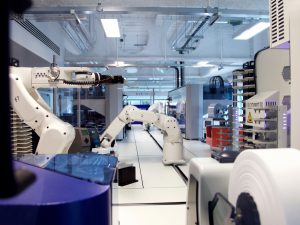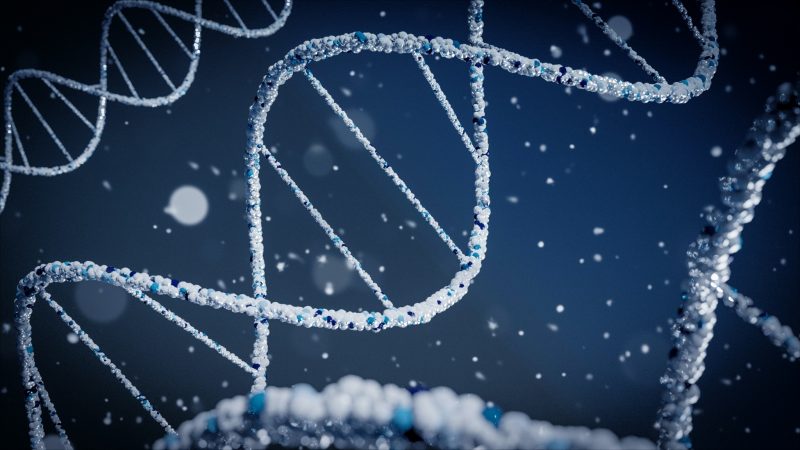
Accelerate business growth and deliver environmental benefits by harnessing the novel biotechnologies created by researchers at the University of Edinburgh.
At the University of Edinburgh we use biotechnology to redesign living systems and transform them into biofactories for the more sustainable manufacture of chemicals. Our activities in this space include engineering microbes to produce sustainable alternatives to petrochemicals and novel sources of food, clean up contaminated sites (bioremediation), recover valuable components (resource efficiency), and recycle valuable waste metal (biomining). We also use natural and engineered biocatalysts (enzymes) to generate high-value products, for example drug intermediates, from sustainable building blocks and produce biosensors to monitor environmental pollution.
The University harnesses world-class research capabilities in biological sciences, chemistry, engineering, geosciences, informatics and physics, and we provide our commercial partners with tailored expertise to deliver the environmental benefits, innovative new products, enhanced performance, resource conservation and reduced costs promised by Industrial Biotechnology.
Key areas of expertise
Centre for Engineering Biology
The Centre for Engineering Biology spans biology, chemistry, physics, informatics, social sciences, engineering, maths, medicine and veterinary sciences. Our researchers explore fundamental biological questions about living cells and systems and apply these insights – often in collaboration with industry – to create innovations for many markets including personal and home care, food and drink, flavours and fragrances, advanced and functional materials, agriculture, the environment, and medicine and healthcare.
For more information contact Dr Emma Elliott.
Biocompatible chemistry
Merging the flexibility and scope offered by modern synthetic chemistry with the sustainable and programmable features of engineering biology, biocompatible chemistry aims to harness the best of both worlds to drive a green chemical industry.
For more information, contact John.Morrow@ei.ed.ac.uk.
A fully automated platform to design and assemble DNA up to chromosome length, the Genome Foundry is at the forefront of animal and human health research. It has the capability to rapidly build and test thousands of genetic constructs for academic and industrial customers to equip cells with new or improved functionalities.
For more information, contact Cameron Chalmers.
Responsible research and innovation (RRI)
The engineering of mammalian systems opens up novel questions for social scientific research. Our leading group of social scientists specialise in engineering biology and collaborate with the Centre for Engineering Biology to foster the design and implementation of sustainable and socially conscious research and innovation.
